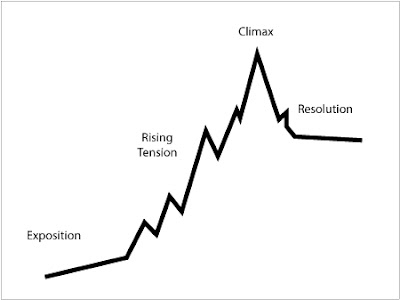My year long absence has
probably been for a combination of reasons, but first and foremost and mostly
and greatly and majorly, this is because I started a new job in May of 2011. I used
to write blog posts on my *ahem*
breaks at my old job and simply never made time to incorporate this activity into
my evening routine after changing.
Secondarily, I didn’t read
anything during the past year which adequately compelled me to write. Rebecca
entertained me, but didn’t inspire me. The Catcher in the Rye infuriated me
because it was so terrible, and concluded with a fierce propulsion of the book across
the bedroom. Katherine was a beautiful love story, but wasn’t much to write
about. Then there was Cold Comfort Farm, Far from the Madding Crowd,
Gormenghast, and Love in the time of Cholera, all of which were decent reads,
but not particularly memorable (for me). 100 Years of Solitude almost motivated
me to bring pen to paper (or finger to key, I guess), but not quite.
The Grapes of Wrath made me
want to write (uh, or type). I don’t know that I can say why exactly. The
Grapes of Wrath is a story about hardship. It is beautifully composed.
Steinbeck never betrayed his characters. He also never betrayed his story. The
end disappointed me for a moment. I was expecting something different,
something tidy, something conclusive and happy. After a minute of thought, I
realized that such an ending would have destroyed the message Steinbeck was
trying to communicate. The book wasn’t about working hard and experiencing trials
so that in the end all will be well and good, and tied up in shiny paper with a
frilly bow. The book was about reality. Fittingly, it had no epilogue, which of
course, thrilled me, as I hate epilogues.
The Grapes of Wrath
chronicles the journey of the Joad family as they leave their mid-western home
bound for California—where work is rumored to be abundant and life is
comfortable. People will welcome them with open arms and they will be able to
settle down in a house made of candy with marshmallow toadstools in their yard
and roads made of licorice. Small orange men called Oompa Loompas will take
care of their household chores while they enjoy their warm chocolate moat, and
elevator that goes in all directions and butterscotch flowers, and…uh…oh boy,
that might not be exactly what they
thought California would be, but you get the general idea, right?
If this were a movie, I’d rate it: PG-13
Overall Grade: A
Would I recommend this to my friends? Yes. I’d recommend it to any and all of them.










